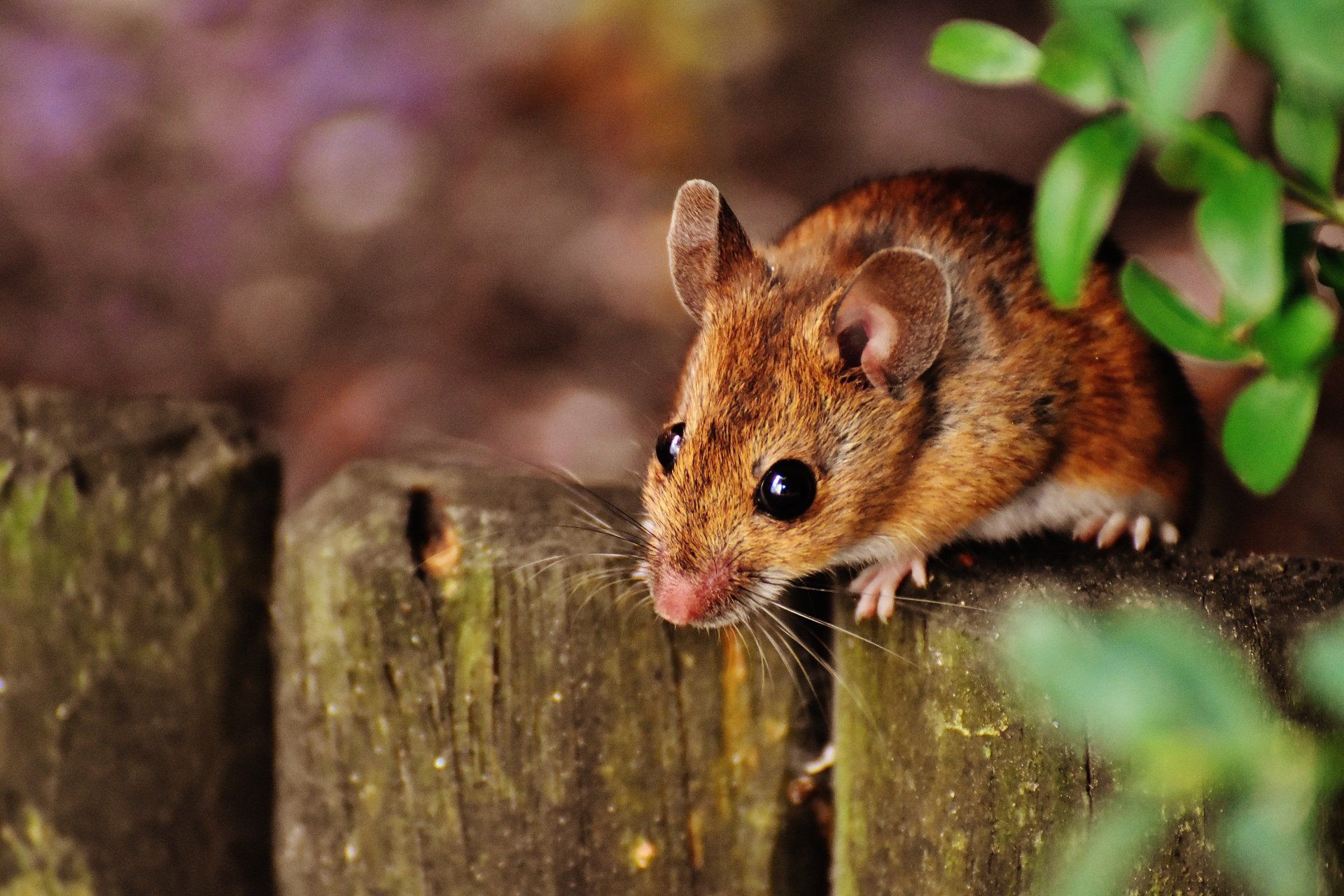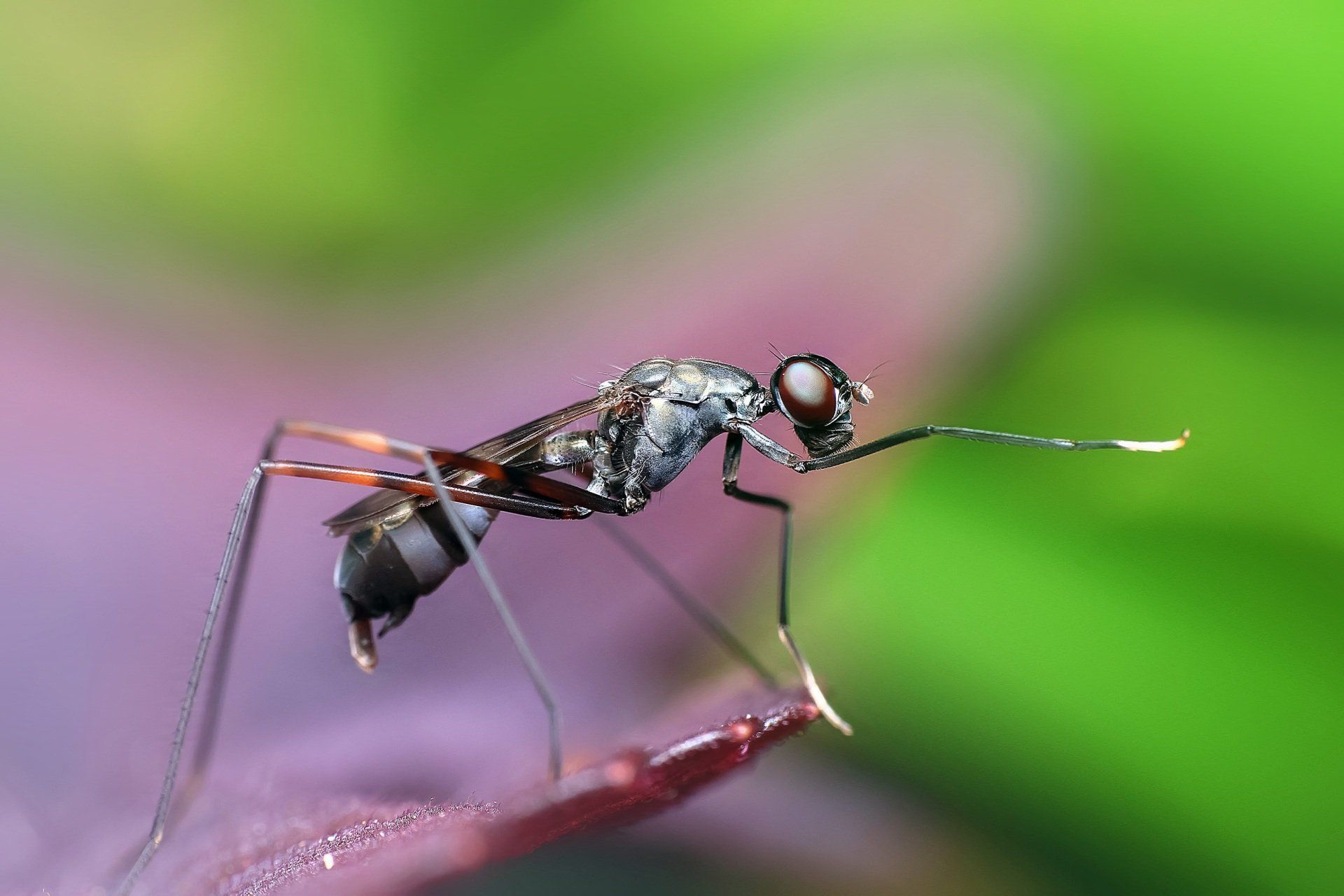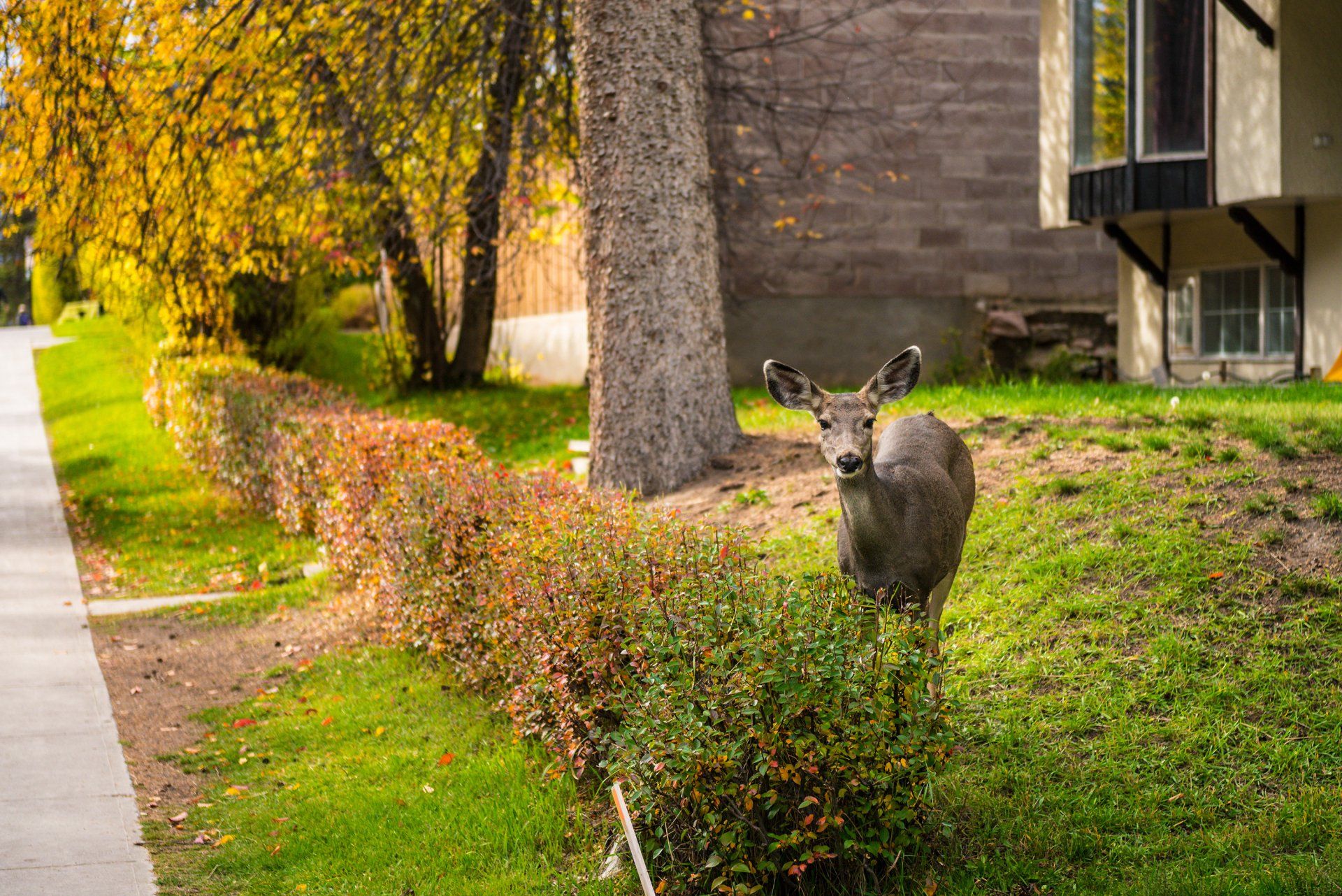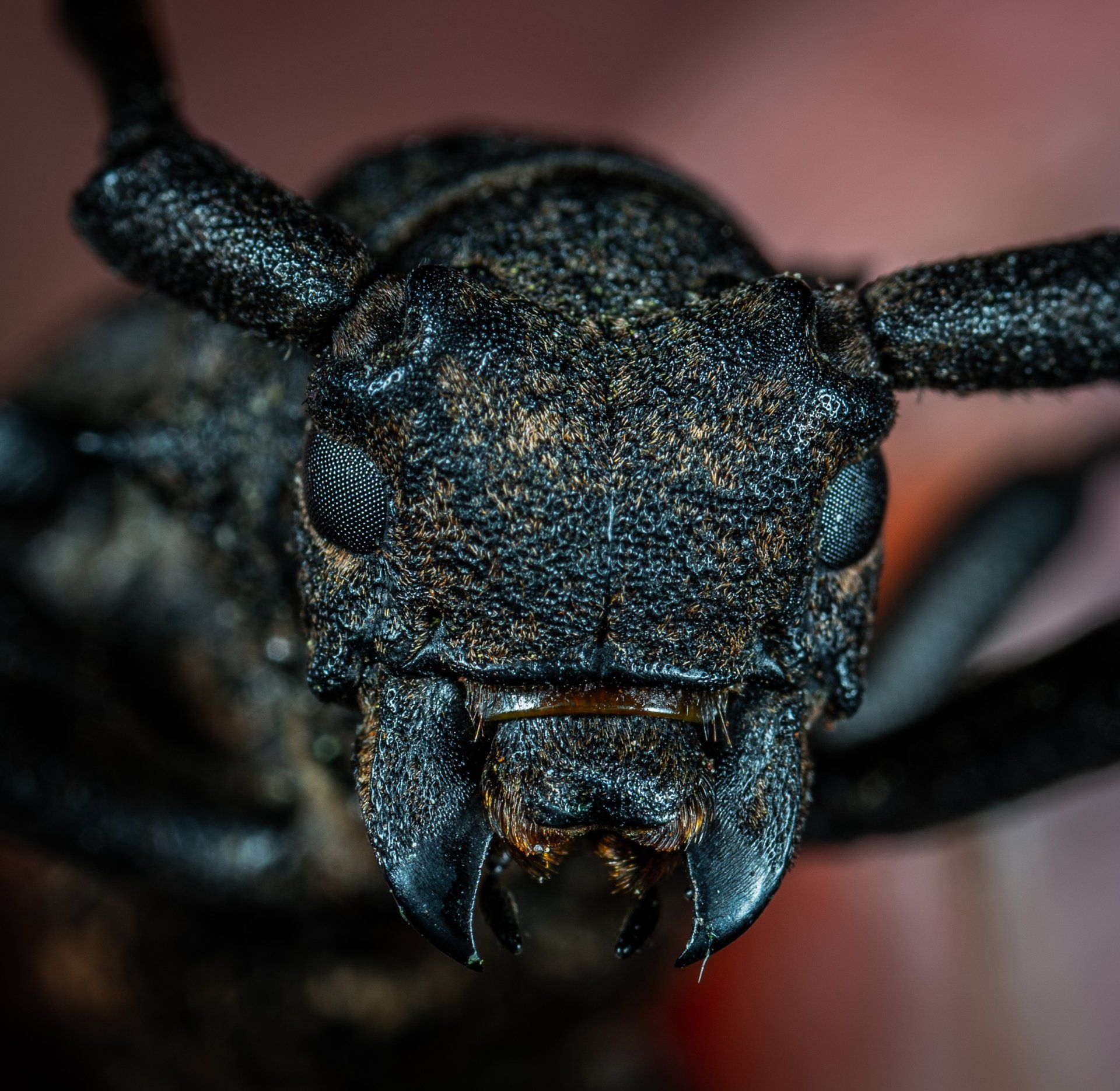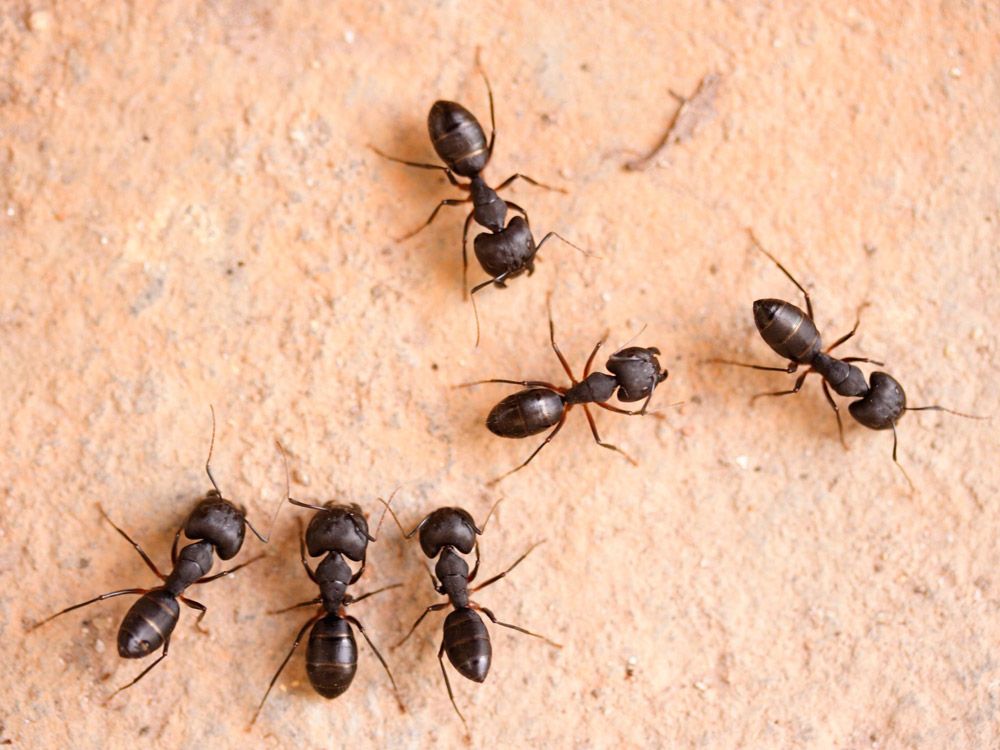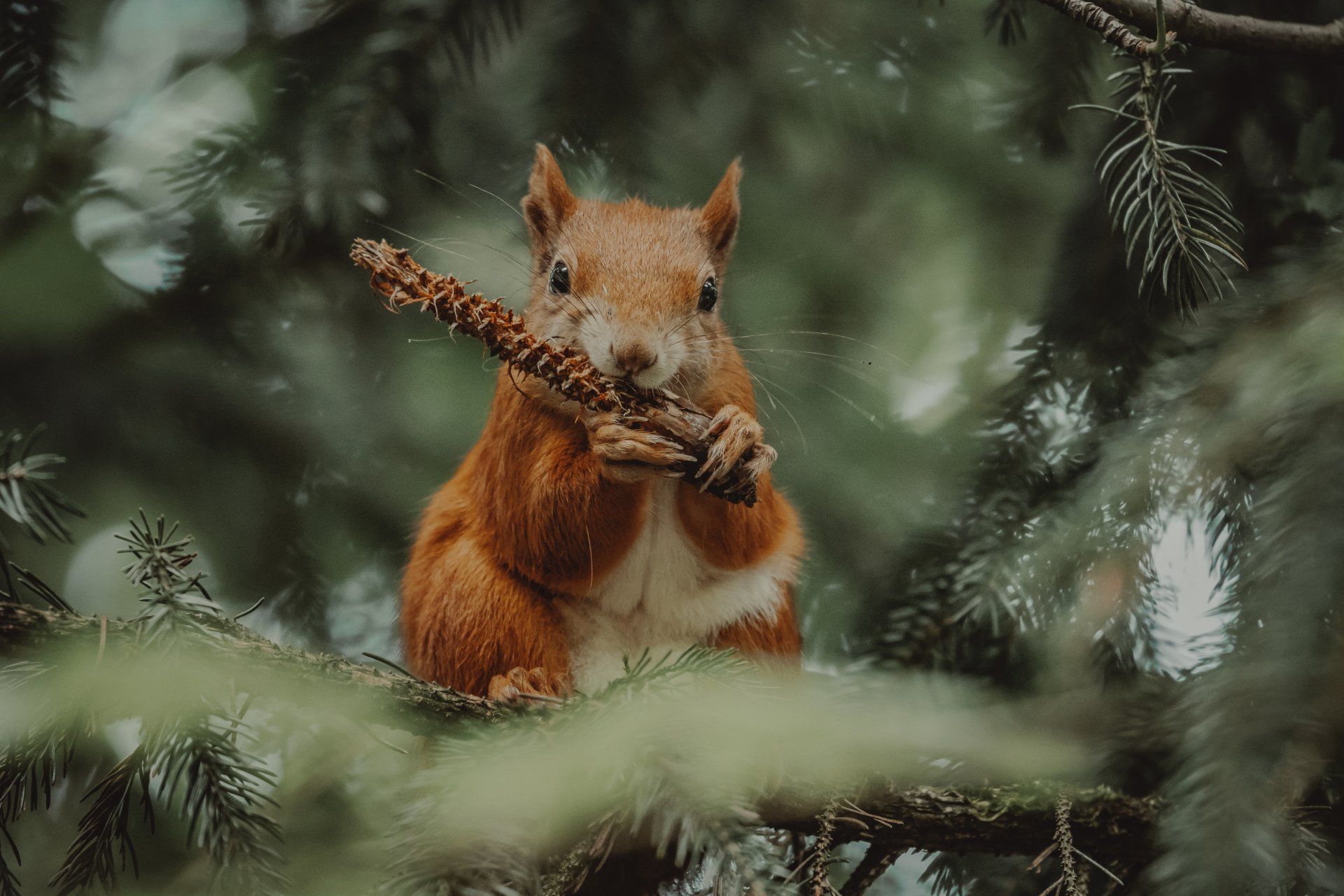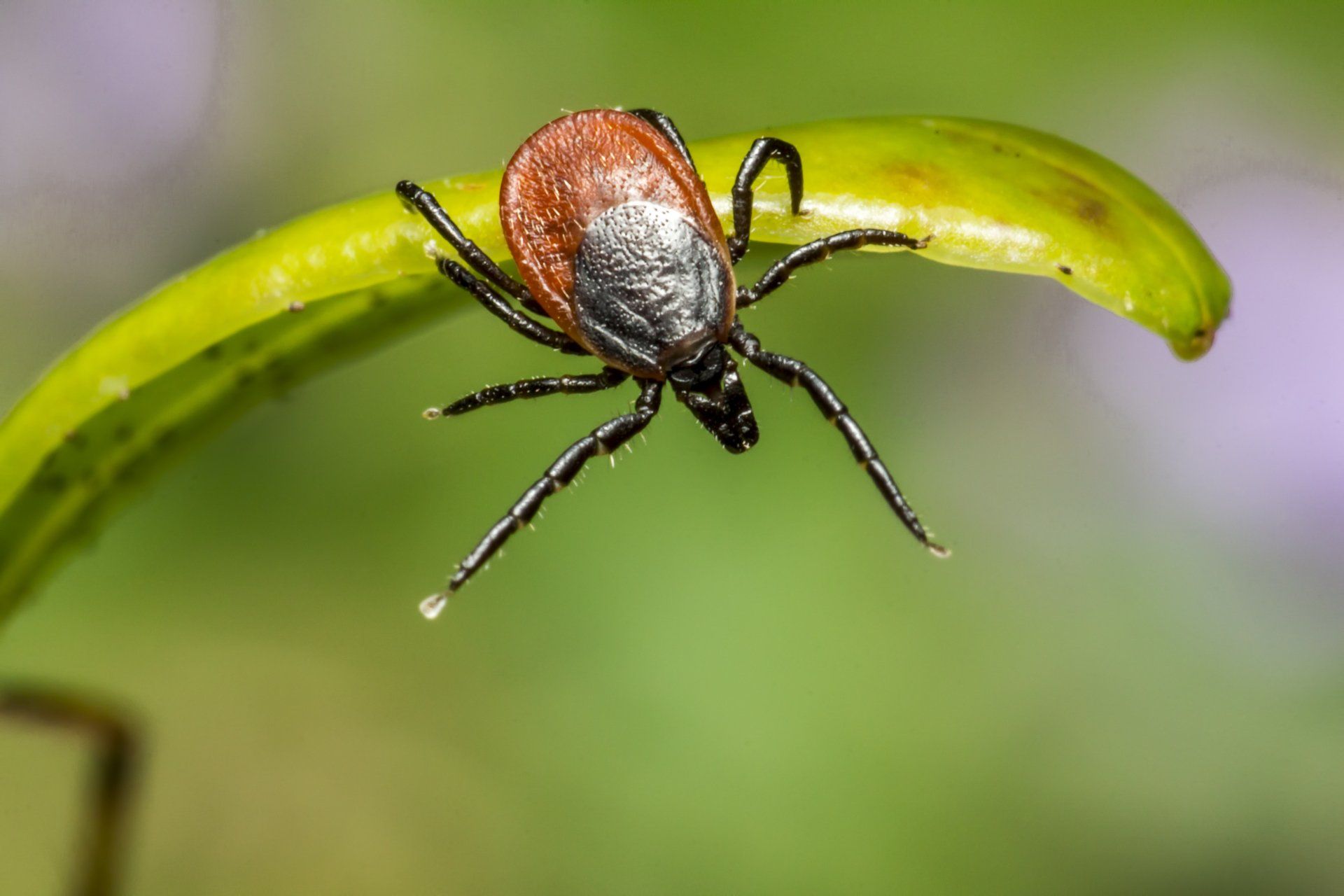Bugs Eating Your Plants: The Garden Items They’re Attracted To
Learn what bugs are eating your garden.
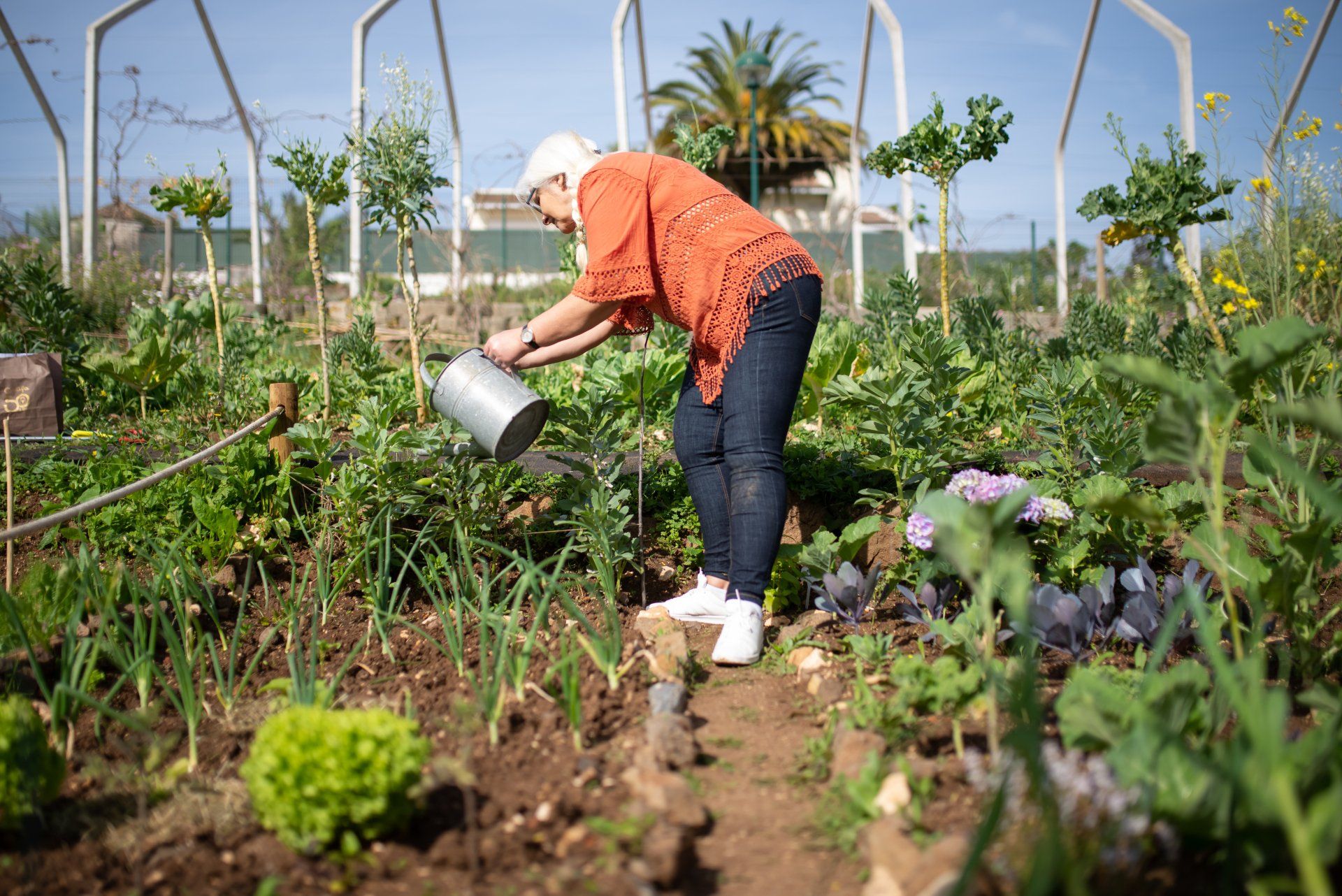
An estimated 55% of households in the US partake in gardening. Gardeners benefit from the stress-relieving properties of being outside, along with fresh produce. However, gardening also has its drawbacks when pests infiltrate your yard.
If this sounds familiar, then you’re aware of the threat pests pose to your plants. Not only can they eat your fruit or vegetables, but they can eat the leaves and stems, compromising your vegetation.
If your plants are eaten by bugs, you need to take preventative measures. Luckily, there are several DIY methods you can try.
Tomato Plants
What are the bugs that eat tomato plants? Aphids are commonly known for destroying tomato plants. They often create colonies on these vegetables.
Luckily, you can usually spray your tomato plants with a strong stream of water to wash any aphids away. You can also plant
other
plants that repel them, such as marigolds and chives.
Watermelon
Flea beetles and grasshoppers are two common bugs that enjoy your watermelon patch. Grasshoppers hate garlic and onion, so you can make a mixture of the two and spray it around your garden to deter these pests.
Although some websites suggest cayenne pepper, you should never use it outdoors. It can get in a rodent's eyes and cause temporary blindness or corneal lesions. They may also attempt to scratch their eyes out. Cayenne pepper can also cause corneal lesions and temporary blindness in deer and any other animals that come into contact with it, making it an inhumane way of combating your garden pests.
Flea beetles, like aphids, dislike marigolds, so consider planting them in your watermelon patch to keep these pests away.
Spinach
Aphids are one of the bugs that eat plant leaves like spinach. You’ll also find that slugs and snails will gravitate toward any spinach you plant outdoors. For aphids, you can plant marigolds and chives.
The best way to keep slugs and snails away from your garden is by planting thyme, rosemary, sage, and parsley. Not only will you have a wonderful addition to your herb collection, but you’ll naturally and humanely repel these pests.
Bugs eating holes in plant leaves may look offputting, but you can still consume these items. Just be sure the holes are from pests and that your plants aren’t diseased. Always wash your produce thoroughly and remove the damaged parts before eating.
Do Pincher Bugs Eat Plants?
Pincher bugs (earwigs) commonly eat decaying plants. However, if they grow to large numbers, they’ll feast on your garden. This includes your vegetables and flowers.
You can plant basil to add to your herb collection and to keep pincher bugs away. If nothing works, it may be time to call a
professional pest removal service.
Other Outdoor Pests
Bugs aren’t the only pests nibbling on your garden. If you find that rabbits, squirrels, deer, raccoons, and other outdoor critters are using your garden for a midnight snack, you should consider installing some type of
chicken wire to prevent them from accessing your fruits and vegetables.
You can also place pieces of Irish Spring soap on the top of wooden stakes, planting them around your yard. Deer find this scent offputting and tend to stay away. If you place it high enough, you won’t have to worry about smaller critters ingesting it.
Bugs Eating Your Plants? Call Serene Property Services
If bugs are eating plants in your garden, don’t hesitate to try these DIY tricks. You’ll safely and humanely keep pests from eating your fruits and vegetables without compromising your garden.
However, not all DIY solutions are created equal, and you may have issues with other pests not listed in this article. If this is the case, you may need
professional pest removal services.
Serene Property Services can help.
Reach out to us today to discuss all your pest-related needs. We service all of Sussex County, NJ, and Warwick, NY.
We will get back to you as soon as possible
Please try again later
About Us
Contact Info

